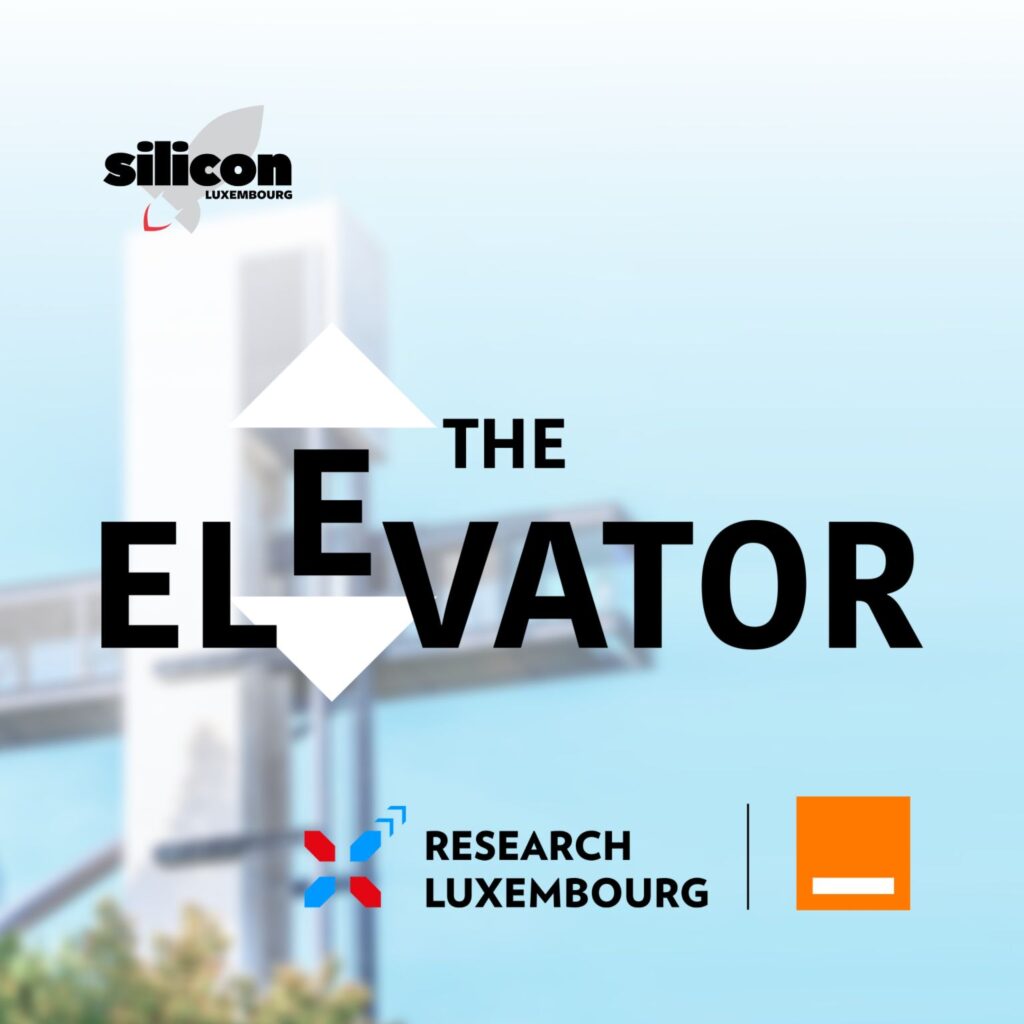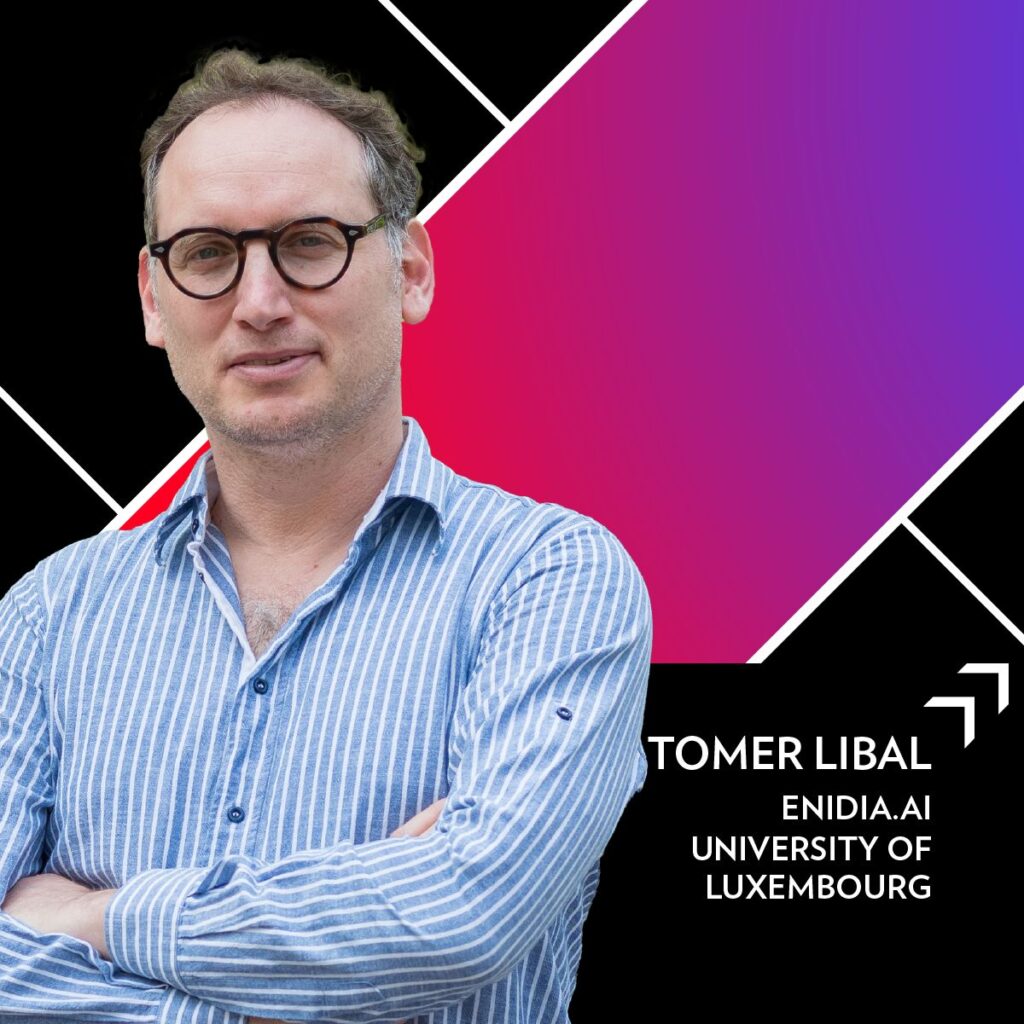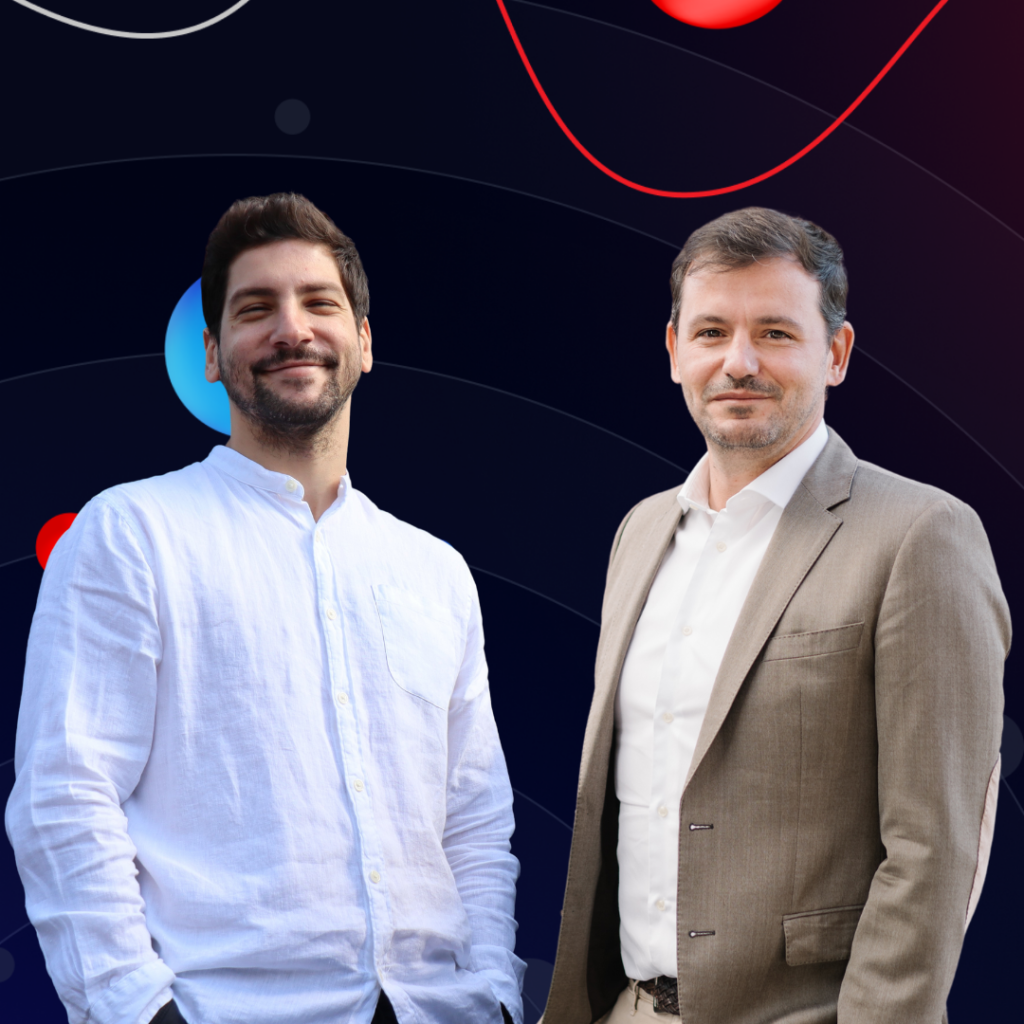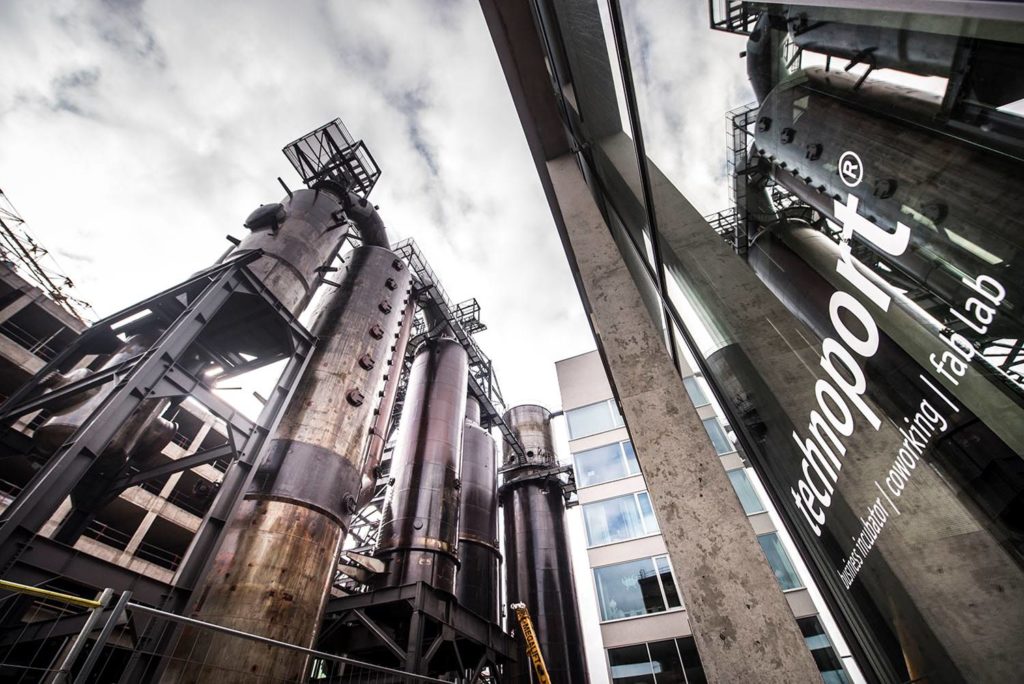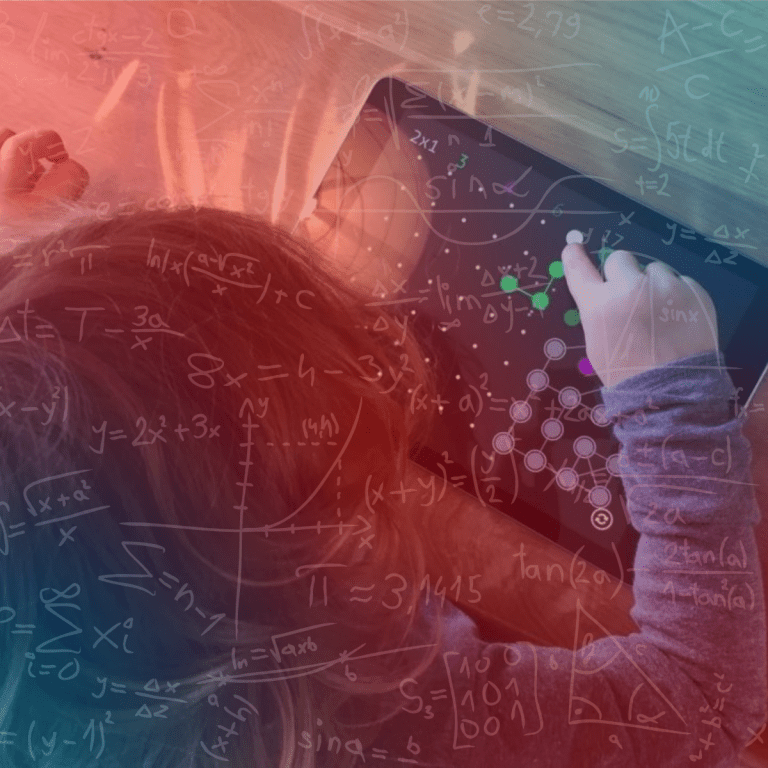In conversation with our sciencepreneurs: Tomer Libal, ENIDIA.AI
06 October 2023

Supporting the legal profession by exploring the potential of AI
Lawyers and legal professionals have to deal with increasingly complex matters. Research into advanced technologies, such as artificial intelligence, is helping to facilitate and support their decision-making.
With over 20 years of experience in software development and research in automated deduction and hybrid AI, Tomer Libal is a research scientist in the Faculty of Science, Technology and Medicine of the University of Luxembourg and the founder of the company Enidia AI. His work is focused on Hybrid AI and especially on applications to law.
Enabling everyone to gain a better understanding of the law and legal issues
The law naturally tends to become more complex. New court cases and legislations are accumulated every day. For lawyers, navigating through the vast amount of complex information is far from trivial. For them, the employment of Computer systems in the field of legal reasoning, is progressively becoming vital.
Moreover, the understanding of those texts is reserved only for experts in the legal domain despite the fact that they are usually of interest to the general public. So, what can be done to make it easier for as many people as possible to understand these texts, and to support legal players and decision-makers alike in dealing with the legal issues at stake?

In the last 5 years though, I have been focusing on making symbolic reasoning accessible for lawyers. I am currently mainly focusing on understanding the needs of lawyers and then developing tools which can help in the legal process.
Tomer Libal
For Tomer Libal, the way to meet these challenges is through better use of technology, particularly artificial intelligence.
From project to proof of concept
In 2020, Tomer Libal applied for a JUMP programme, provided by the Luxembourg National Research Fund (FNR), to develop tools helping lawyers to capture legal knowledge. More specifically, the ambition was to automate legal understanding and reasoning, and to support legal decision making over the GDPR.
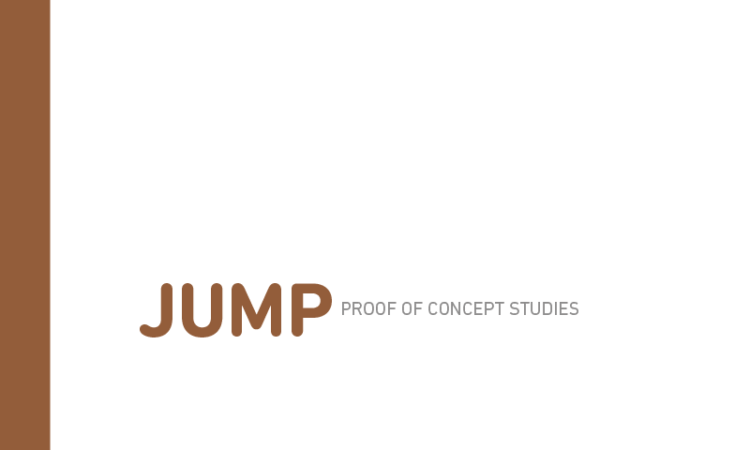
The FNR JUMP programme supports proof of concept activities to advance research-driven technologies that have potential for a socio-economic impact. JUMP is designed to facilitate the researcher’s ability to leverage external funding to serve as a bridge toward product development and commercialisation/utilisation.
Going beyond the theoretical research, Tomer Libal has submitted a Proof-of-Concept. During the two years of the JUMP, he worked on developing commercial solutions, which has culminated with the creation of the spin-off Enidia AI (www.enidia.ai). The university helps the creation of spin-offs via its incubator, allowing researchers and students to acquire business skills, to meet mentors, and benefit from its accelerator program. The incubator was instrumental in his progress so far as an entrepreneur.
Developing tools which can help in the legal process
Enidia AI, a hybrid AI company based in Luxembourg and specialising in the legal field, has combined research in machine reasoning and learning with the aim of making it easier for lawyers to make decisions.
Hybrid AI can help with tasks involving high complexity, like processing and understanding case law, but also with tasks requiring high precision. Ai can therefore process all relevant information and present it to decision makers without introducing errors, allowing them to make decisions faster and with higher accuracy. On this basis, lawyers can envisage scenarios, identify opportunities and make informed decisions.
The tools can be used both internally, to help lawyers and consultants brainstorm legal possibilities and make better decisions, and externally, both to help clients communicate their needs and to help laymen understand better the law.

To give an example, being compliant with data protection is required of any small business. But most of them cannot afford the cost of an expert and depend on information they harvest from the internet. Enidia can help them see the legal possibilities and make better decisions.
Tomer Libal
The use of AI in a legal context, on the other hand, can facilitate access to elements of law or case law. It can also support legal professionals in drafting documents and arguments.
In the last 5 years, Tomer have been focusing on making hybrid AI accessible for lawyers. Through Enidia, he is currently mainly focusing on understanding the needs of lawyers and then developing tools which can help in the legal process.

